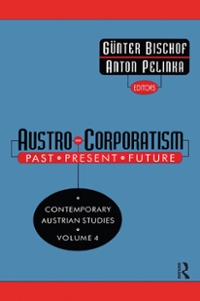Question
Consider an OLG model similar to the one in lecture 3, where each individual lives 2 periods, youth and old age. Her consumption in youth
Consider an OLG model similar to the one in lecture 3, where each individual lives 2 periods, youth and old age. Her consumption in youth and old age are c1t and c2t, respectively. Her utility function
is given by: U(c1t, c2t+1) = ln c1t + ln c2t+1
Here < 1 is the discount factor, which means one unit of consumption gives more utility today than it would tomorrow. Each individual gets an endowment of e1 = 1 in youth and 0 endowments in old age. There is fiat money in the economy. Each individual can sell all or part of her endowment
and save the money into a risk-free bond in youth which will pay a nominal interest rate it+1 > 0
when old. The price levels in the two periods are pt = 1 and pt+1, respectively.
1. Write down the individual's budget constraint for each period and the lifetime budget con
strain.
2. Assume there is no inflation (pt = pt+1 = 1). Derive the optimal level of consumption in each
period.
3. Derive the optimal level of saving in each period. What would be the optimal composition
(cash vs bonds) of the portfolio?
4. Now assume there is inflflation: pt = 1, pt+1 = 1 + > 1, and people perfectly anticipate this.
Write down the expression for the real interest rate in this case.
5. Derive the optimal level of saving. Do people save more, less, or the same compared to the no inflation case?
6. How does the discount rate affect people's saving behavior?
Step by Step Solution
There are 3 Steps involved in it
Step: 1

Get Instant Access to Expert-Tailored Solutions
See step-by-step solutions with expert insights and AI powered tools for academic success
Step: 2

Step: 3

Ace Your Homework with AI
Get the answers you need in no time with our AI-driven, step-by-step assistance
Get Started


